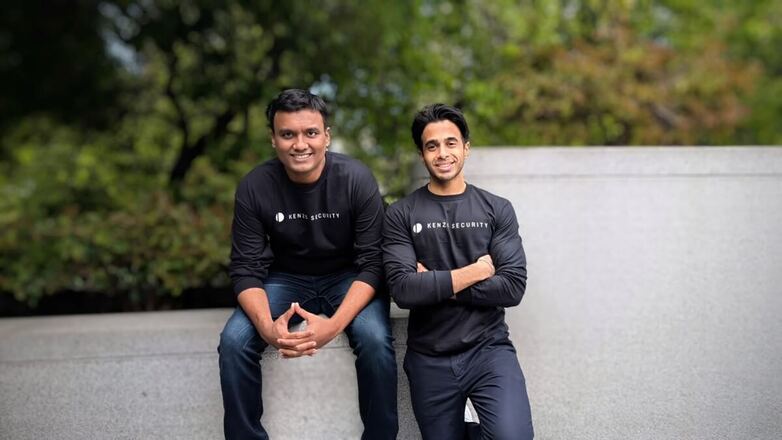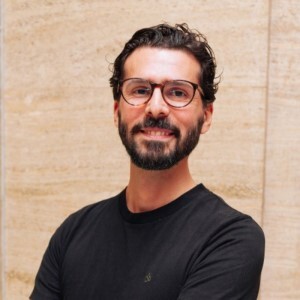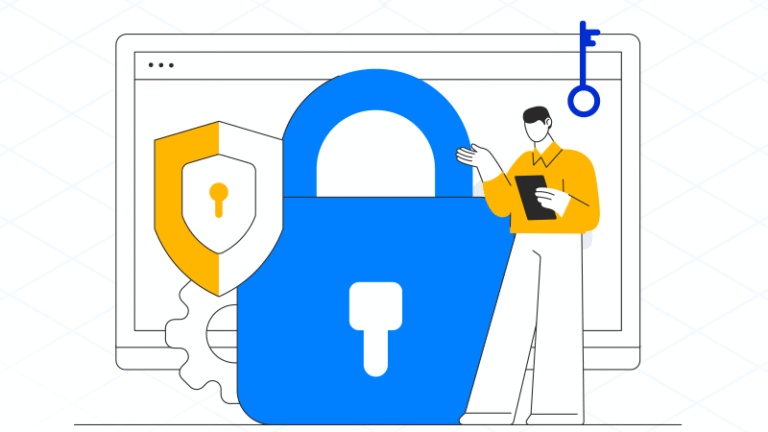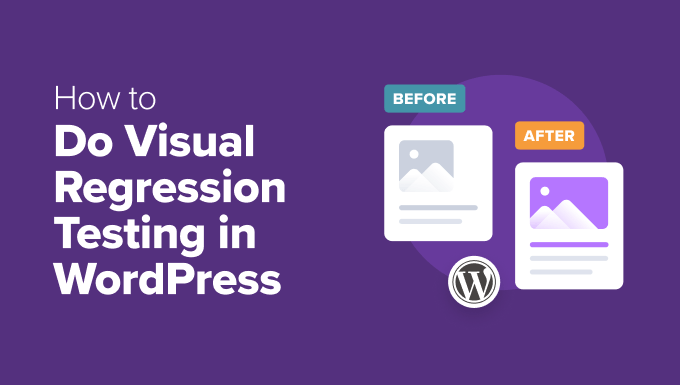
Kenzo Security, a startup focused on transforming how organizations manage cybersecurity operations, has emerged from stealth mode after 18 months of development, backed by $4.5 million in seed funding from The General Partnership and cybersecurity veteran Michael Coates, former Chief Information Security Officer (CISO) at Mozilla and Twitter.
The company is launching with a platform designed to revolutionize Security Operations Centers (SOCs) through a network of AI agents built specifically for risk-driven, real-time security operations.
Founded by Harish Singh and Partha Naidu, Kenzo Security would bring together decades of experience from high-stakes cybersecurity environments. Singh, a serial entrepreneur and one of the original creators behind the patented Polygraph technology, previously played key roles at security firms like Lacework and E8 Security. Naidu brings operational depth from his time as chief of cyber operations for the U.S. Air Force, followed by leadership roles at Datadog and CrowdStrike, where he oversaw product development in security operations. Their combined experience led to a shared vision for a new type of security platform – one that goes beyond superficial AI integrations and instead builds an architecture fundamentally designed around risk reduction and operational efficiency.
Agentic AI Security Operations Platform
Kenzo’s flagship product, the Agentic AI Security Operations Platform, deploys a swarm of domain-specific AI agents that independently collaborate on threat analysis, detection tuning, proactive threat hunting, and response prioritization. These agents operate across a proprietary data mesh that gives them real-time, contextual visibility into an organization’s entire environment. Unlike the more generalized AI models offered by OpenAI, Anthropic, or Gemini – often retrofitted into security products for basic alert triage – Kenzo’s approach aims to tackle the deeper, systemic pain points security teams face daily.
“Every security team is trying to figure out how to leverage AI, but most tools simply wrap LLMs around Tier 1 alert handling,” said Kenzo CEO and co-founder Harish Singh. “Kenzo does things quite differently. A swarm of specialized agents collaborate to research dangers, deploy and fine-tune detections, seek proactively, and prioritize reaction in real-time, enabling us to create a complete platform rather than a chatbot.”
Dan Portillo, managing partner at The General Partnership, emphasized the value in Kenzo’s distinctive architecture. “We invested in Kenzo because they’re solving a real pain point with real technical depth. Security teams genuinely require Kenzo’s data-driven, multi-agent strategy to lower risk at scale.”
Reducing Real Security Risks
The system is engineered not just to close alerts, but to reduce real security risk. This includes filtering out low-priority threats, removing the manual burden of routine investigations, and enabling detection and response teams to act faster and more intelligently. By automating the analysis and decision-making that typically bogs down security professionals, Kenzo allows teams to focus on high-impact issues without expanding their headcount – offering a critical edge in an industry where skilled talent is increasingly scarce.
Michael Coates, a founding partner at Seven Hill Ventures and one of Kenzo’s early backers, believes this architecture marks a turning point for enterprise security operations. “Kenzo Security’s Agentic AI Architecture helps detection and response teams act faster and smarter, focusing on critical threats and delivering real security outcomes – essential for teams aiming to scale intelligently.”
The newly secured funding will be used to expand Kenzo’s technical and sales teams, with the goal of maintaining the platform’s depth while broadening its capabilities to meet rising client demand. Currently operating with 14 employees, the company expects to grow to a 20-person team by the end of the year as it continues to roll out its platform across enterprise clients seeking a fundamentally new approach to AI-driven security.





